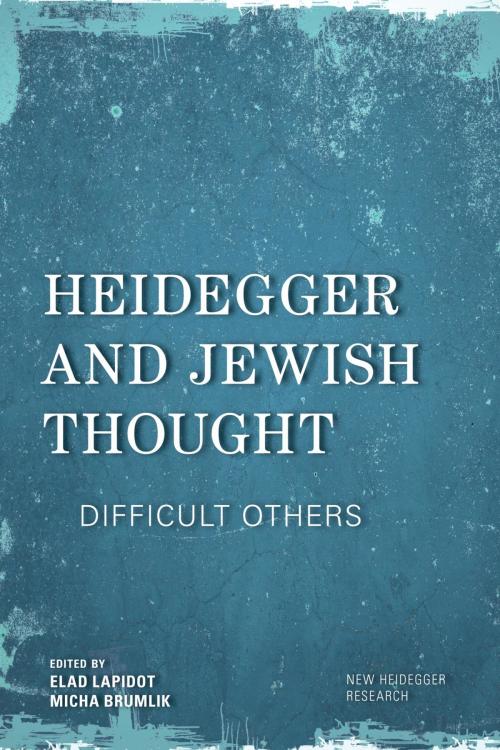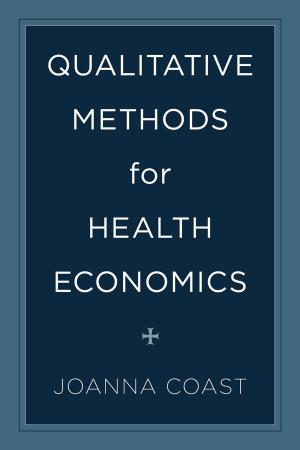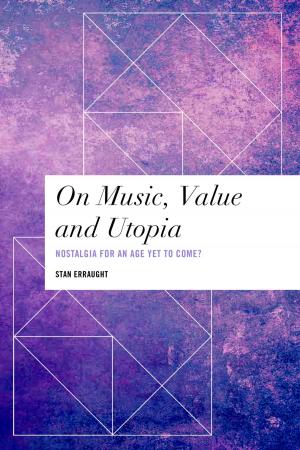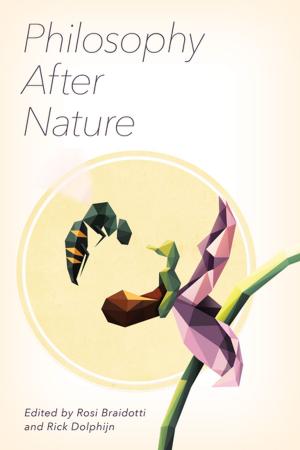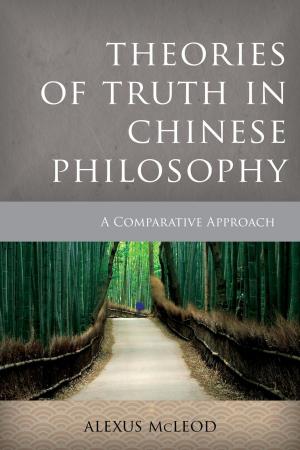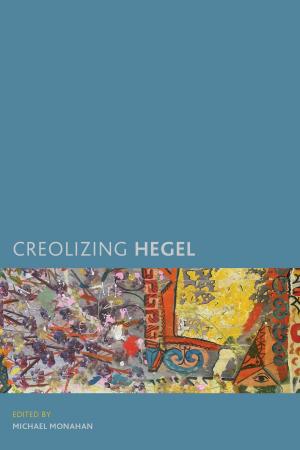Heidegger and Jewish Thought
Difficult Others
Nonfiction, Religion & Spirituality, Philosophy, Phenomenology, Religious, Social & Cultural Studies, Social Science| Author: | ISBN: | 9781786604736 | |
| Publisher: | Rowman & Littlefield International | Publication: | November 15, 2017 |
| Imprint: | Rowman & Littlefield International | Language: | English |
| Author: | |
| ISBN: | 9781786604736 |
| Publisher: | Rowman & Littlefield International |
| Publication: | November 15, 2017 |
| Imprint: | Rowman & Littlefield International |
| Language: | English |
Once a prophet of critical, “other” thought, Heidegger has now for many become the epitome of the unthinkable, in the light of the Black Notebooks controversy. The unthinkable here is anti-Semitism. The encounter between Heidegger and the Jews has thus come to signify – very much in the spirit of Heidegger’s own anti-Judaism – the end of thought. The present volume resists this view by positing not only Heidegger but also the Jewish people as representing thought. The encounter between Heidegger and various traditions of Jewish thought is conceived here as a conversation inter alia, an exchange between real or perceived “others”: others to the philosophical tradition, to mainstream modernity, to Western Christian metaphysics, to each other, and even to themselves. The conversation takes shape in this volume as a symposium of seventeen essays by leading scholars both of Heidegger’s philosophy and of Jewish Studies.
Once a prophet of critical, “other” thought, Heidegger has now for many become the epitome of the unthinkable, in the light of the Black Notebooks controversy. The unthinkable here is anti-Semitism. The encounter between Heidegger and the Jews has thus come to signify – very much in the spirit of Heidegger’s own anti-Judaism – the end of thought. The present volume resists this view by positing not only Heidegger but also the Jewish people as representing thought. The encounter between Heidegger and various traditions of Jewish thought is conceived here as a conversation inter alia, an exchange between real or perceived “others”: others to the philosophical tradition, to mainstream modernity, to Western Christian metaphysics, to each other, and even to themselves. The conversation takes shape in this volume as a symposium of seventeen essays by leading scholars both of Heidegger’s philosophy and of Jewish Studies.
